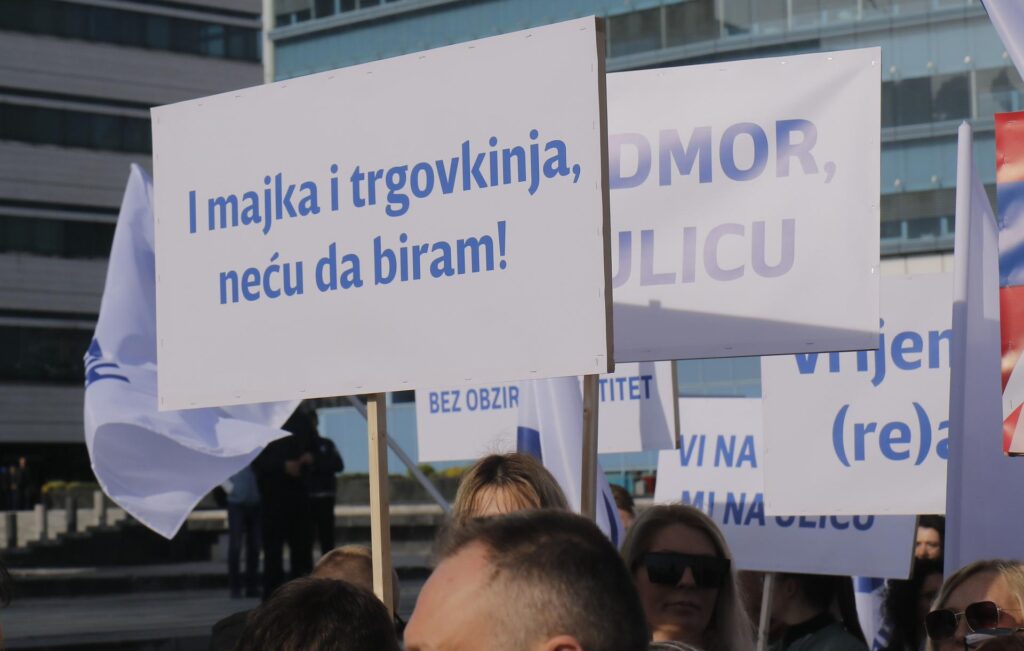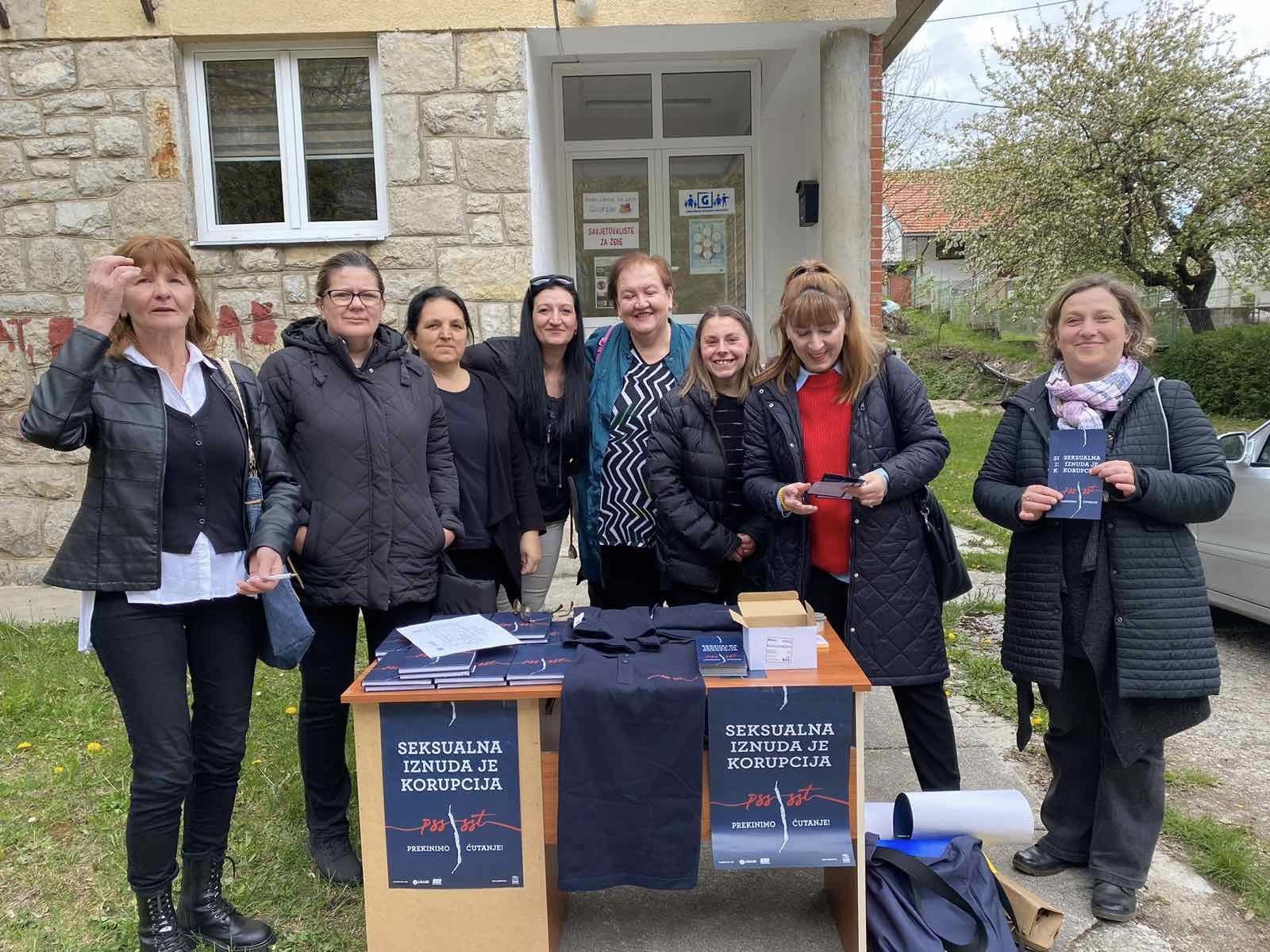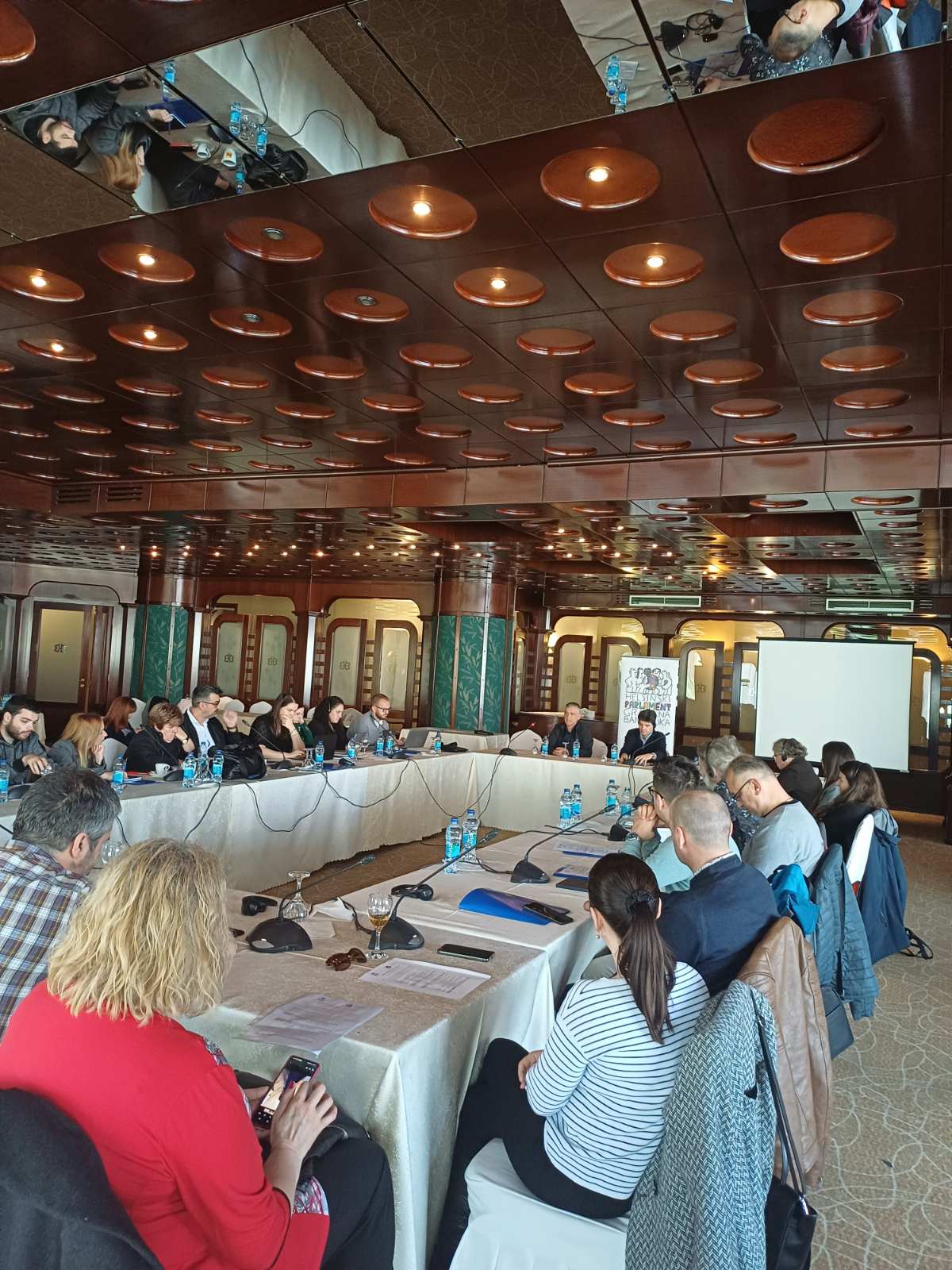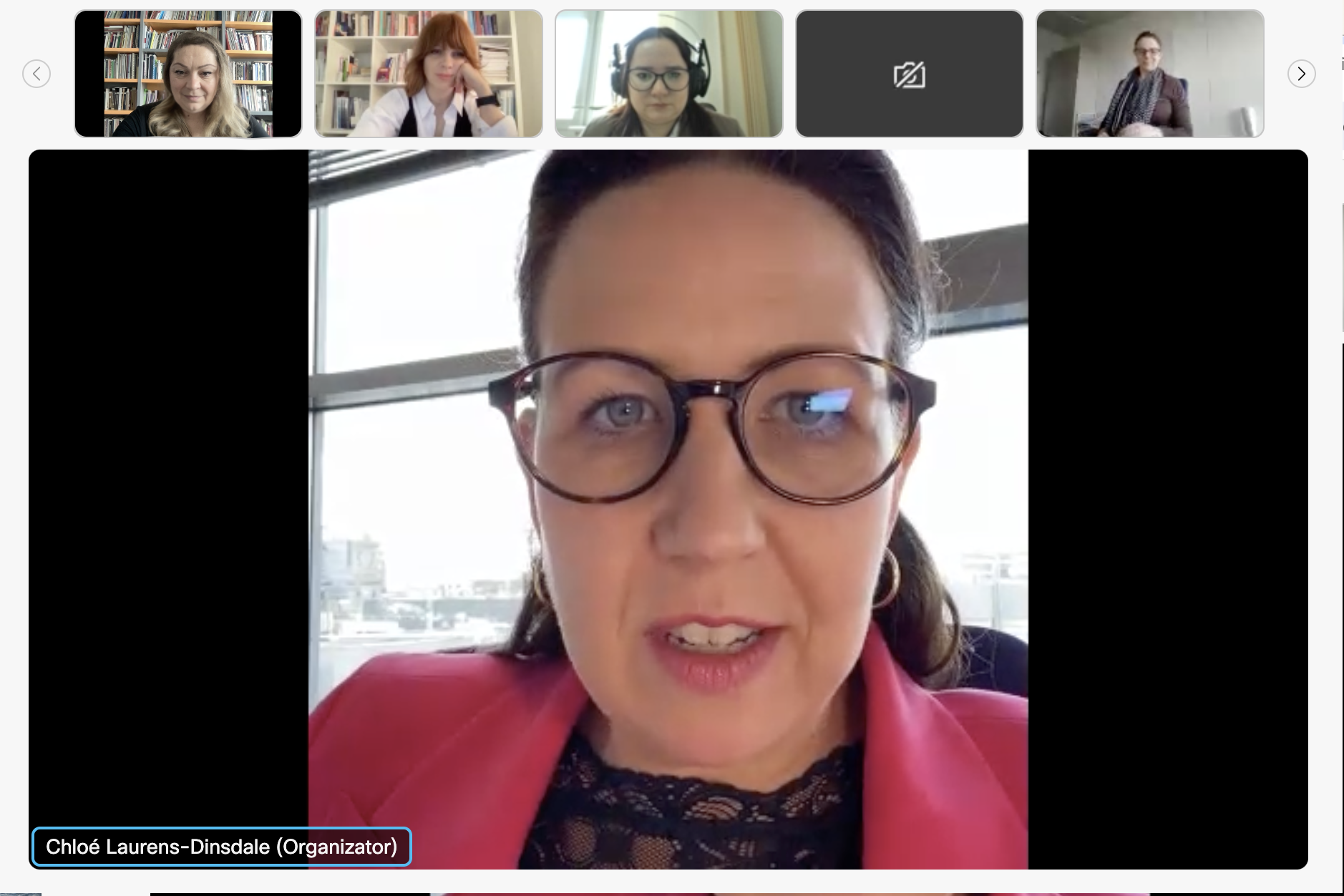As part of cooperation with journalists within the project “Empowerment of Legal Aid Providers to Fight Gender-Based Discrimination in the Labor Market in BiH”, we bring you cooperation with Oslobođenje and a text on the position of women on the labor market in BiH.
—————————————————
Women in Bosnia and Herzegovina are discriminated against in terms of employment. This sentence has been repeated so many times that it has become a platitude. Many people, looking from their perspective, regardless of whether they are employed or not, are ready to claim that there is certainly high unemployment, so even women do not have work, that the coronavirus pandemic is to blame for everything, and then the world economic crisis caused by the war in Ukraine, that there is work for those who want to work…
The fact is that many employees, regardless of gender, lost their jobs during the coronavirus pandemic. And just when the pandemic started to subside, the economic crisis started caused by the Russian aggression against Ukraine, which had as a direct consequence the growth of inflation, which further caused an increase in costs for employers, who had to purchase raw materials and energy at a higher price. This led to layoffs as a form of “cutting” costs.
LOWER SALARIES
However, the numbers are inexorable. Although statistics are sometimes called “the correct sum of incorrect data”, often this area can give a pretty good picture.
At the beginning of this year, the Statistics Agency of BiH conducted a survey on the labor market in BiH last year. According to the Agency’s data, there are currently 2,887 million people of working age living in BiH. This category, according to statistical standards, includes all persons aged 15 to 89. The working-age population includes the employed, unemployed, and inactive. The inactive again include pupils, students, pensioners and all other people from this age group who, for whatever reason, are not actively involved in job searching.
If we look at the gender structure of the working-age population, there is almost an equal number of women and men. More precisely, there are slightly more women and there are 1.479 million of them, while there are 1.408 million of men.
The number of unemployed is also almost equal. Namely, the Agency’s data show that there were 211,000 unemployed people in BiH last year. There were a thousand more men than women, that is, there were 106,000 men and 105,000 women.
….
Without even going into a more detailed analysis, such as the number of dismissals, which is rather difficult to “track”, considering that the so-called “grey” economy, i.e. “undocumented work” still makes up a significant percentage of the domestic economy, or comparing data on how many men, and how many women are in “boss” positions, and the indicators themselves point to discrimination against women in terms of employment.
The interviewees with whom we talked about this problem confirm what the statistical indicators illustrate.
Very often, women are victims of direct discrimination during employment, where male workers are very openly given preference over female workers. What is continuous is the struggle for women’s rights, which has lasted not only in recent years, but for a whole century, but also the fact that women are paid less than men. It’s not direct, when you look at salaries, but women work in less responsible jobs, that is, you will not find as many of them in management positions, which are better paid. Women, at least when it comes to the trade sector, are directly on the “front line”, but they are also the least paid professions, such as cashiers and facility workers. During the coronavirus pandemic, discrimination against women was evident, as they were in a significantly less favorable position than their male colleagues, given that male colleagues were most often in warehouses, while women were directly exposed, said Mersiha Beširević, president of the Trade Union of BiH.
I DO NOT WANT TO CHOOSE
What she particularly emphasizes as a form of discrimination, which shows all the cruelty of today’s labor market in BiH, is simple biology. Women can and want to become mothers, which does not suit employers.
– Women are the ones who plan motherhood. They are the pillar of the family. And we in the Trade Union very often have examples where women are asked very directly during employment, even though the law forbids it, if they are planning a family. If you consider that, especially in the trade sector, the workforce is extremely young, then it is very clear that this is a big problem. One of our slogans during the protests organized on the occasion of Labor Day was “Mother is also a trader – I do not want to choose”. Unfortunately, women are very often forced to choose whether they will be mothers or work and thus make a living at their workplace. Today, being a mother is a sin. Being a mother is hard, but also expensive. Given that there is no care in the system that would ensure that young women are present on the labor market on equally, what is much more important, in management positions, Beširević told us.
Women are exploited at every possible step, claims Dražan Pejaković, founder and president of the Workers’ Movement in Bosnia and Herzegovina. This organization was founded with the aim, above all, of providing legal assistance to workers in labor disputes, i.e. in cases of violation of their labor rights. In this connection, several dozens of lawyers from all over BiH were gathered who are ready to help the workers in exercising their rights through the courts. Precisely because of this fact, Pejaković can testify “first-hand” about the current position of women on the labor market in BiH.
The number of employed men is almost twice as high as the number of employed women
– Women are exploited at every possible step. In addition, there is also a noticeable phenomenon of employers firing one woman and hiring others, in order to achieve employment incentives provided by the state. Today, being a woman in BiH is a very challenging and very difficult thing, Pejaković points out.
Speaking about discrimination against women, economic analyst Svetlana Cenić reminds that during the coronavirus pandemic, women were far more exposed to infection than men. He emphasizes that in the areas where there were the greatest risks of coming into contact with infected persons, such as stores and large shopping centers, pharmacies, health centers and the like, women were mostly employed, such as sellers, pharmacists or nurses. They simply did not have the “luxury” to avoid infection, notes Cenić.
Speaking about the period of the economic crisis, embodied in the increase in the inflation rate, he points to a phenomenon that has recently been present on the labor market in BiH.
– Now people who thought that they would never employ women in certain industries, because such a thing was not imposed, such as the wood industry, started to employ them, because there is no workforce. That is why women are now being retrained to do jobs they did not do before, Cenić said.
According to her, women in BiH are threatened, regardless of the field of activity. Although it may sound strange, Cenić, when he talks about the threat and discrimination of women, also mentions politics, that is, the performance of political functions.
“I guarantee you that behind every successful woman, there are five of them who tease her and see how to make it difficult for her,” claims Cenić.
Full article available at: Oslobođenje
Image taken from Oslobođenje.





